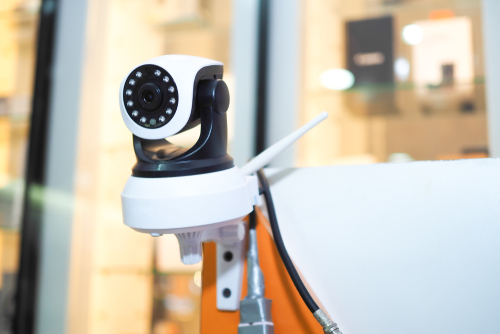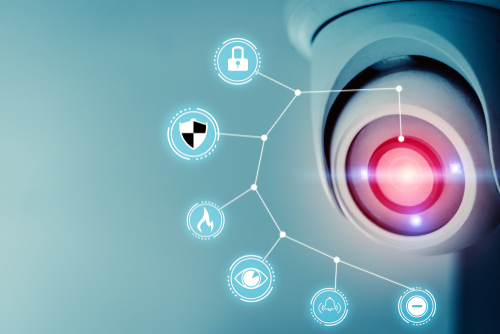
7 Benefits of IP Camera Systems for Businesses
The IP camera systems used for business applications function differently from the systems used for residential applications. In today’s post, we’ll talk about the benefits of IP cameras for businesses.
IP (internet protocol) surveillance systems for commercial and business use offer increased capabilities and higher performance since they require broader coverage compared to home applications.
Business camera systems comprise of video recording features and a variety of cameras. The right camera to use for your business will depend on what industry you are in and what your operations are like.
Some factors impact the surveillance system, such as where you want to install the unit, the details and footage you wish to see, lighting capabilities, the distance, and many other considerations.
A professional IP camera systems provider can provide the technical guidance you need when it comes to purchasing the right type of camera system your business can take advantage of.
IP Camera Systems 101
First, let’s talk about what this camera system is. An IP camera system, also referred to as CCTV surveillance camera systems, contain all you need in a surveillance system – which can get confusing for many business owners.
The camera system needs different components working together to function as one. It’s highly essential to ensure that all the parts are compatible with a smooth and worry-free function.
Aside from the IP cameras, the system also contains a video recording unit, camera lenses, network switches, enclosures, surge protectors, PoE injectors, and built-in analytic software, so as you can see, the whole system has a lot of moving parts.
Other systems may also have the capability to get integrated with IP intercoms and IP door access control.
Here are the seven benefits businesses can get from setting up IP cameras.
Multiple Sensors
IP camera systems have features that contain up to four cameras in one unit. Each one of the cameras can cover a singular area that may typically need several cameras. With IP cameras, the setup usually just goes in as a sole signal, running through one cable. It also only requires one license to operate.
Affordability
One of the great things about IP cameras is you will find a system that fits your budget – with all the essential functions that you need. As with any other piece of technology, you can spend more if you wish. However, you can still find some decent entry-level systems for a reasonable cost.
Easy Installation
IP camera systems only need one wire – both for power and data – that connects to the main network switch. This set up means that compared to analog camera systems that need two wires, you wouldn’t need power at the actual site where the cameras are installed.

You can also control the IP cameras, such as taking advantage of the focus and zoom functions remotely. Once the cameras are installed, as long as they are angled and positioned the way you want them, you can control (zoom and focus) the cameras remotely.
Security
The video files stored in the system are always going to be authenticated and encrypted. This means that the transmission remains secure.
Resolution
As technology evolves, so does the resolution in cameras. IP cameras have a more superior resolution capacity than their analog counterpart.
Analytics and Intuitiveness
IP cameras are primarily small computers. Aside from the central monitoring functions, they work to compress and store video files. They are also programmable to certain analytics and settings.

Many IP camera systems have advanced features such as smoke detection, carbon monoxide detection, fire alarms, counting people, tracking certain identifiers, etc.
Open Platform
For the most part, IP cameras are used for virtually anything. This feature also makes it simple and easy to install the system and integrate it into your day-to-day business functions.
